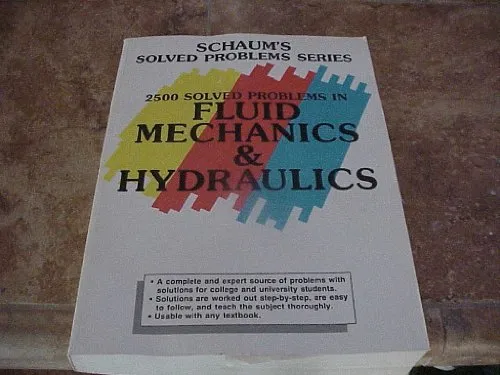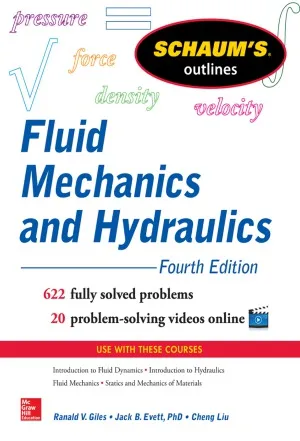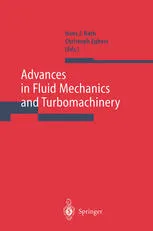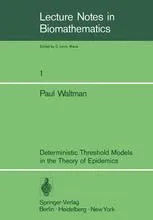Variational models and methods in solid and fluid mechanics
4.5
Reviews from our users

You Can Ask your questions from this book's AI after Login
Each download or ask from book AI costs 2 points. To earn more free points, please visit the Points Guide Page and complete some valuable actions.Related Refrences:
Introduction to Variational Models and Methods in Solid and Fluid Mechanics
The book Variational Models and Methods in Solid and Fluid Mechanics, edited by Francesco Dell'Isola and Sergey Gavrilyuk, serves as an authoritative guide bridging theoretical mechanics with practical applications. Aimed at researchers, students, and professionals in the fields of continuum mechanics, materials science, and applied mathematics, this volume delves into the applications of variational principles, methodologies, and formulations to tackle problems in solid and fluid mechanics.
Variational methods lie at the heart of many advances in modern engineering and physics, offering a robust framework to derive governing equations, solve complex problems, and better understand physical phenomena. This book not only presents these models but also explains their significance with clarity, offering both theoretical foundations and practical insights.
Through its carefully curated chapters, this book provides readers with an elaborate understanding of variational models and showcases their utility in addressing real-world challenges in mechanics. Let us dive deeper into what this text has to offer.
Summary of the Book
The book is a rich compendium of research contributions from leading experts in the field, structured around the central theme of variational principles and how they apply to the mechanics of solids and fluids. Each chapter explores a specific aspect of these principles, ranging from analytical formulations and numerical techniques to innovative applications in complex systems.
The key focus lies in providing a unified perspective where classical mechanics meets modern variational calculus. Topics such as energy minimization, stability analysis, and conservation laws are addressed in great detail. Both linear and nonlinear problem formulations are explored, providing a comprehensive treatment that caters to beginners and experts alike.
Readers will encounter exciting discussions about advanced mechanics concepts, including: material instability, multiphase fluid flows, complex continua theories, elasticity, viscoelasticity, and the mechanics of materials at different scales. The book ties these concepts together with elegant mathematical rigor and examples that demonstrate real-world applicability.
Key Takeaways
- A thorough explanation of fundamental variational principles and their connection to physics and mechanics.
- Step-by-step derivations of equations governing solid and fluid mechanics using energy-based approaches.
- Applications of variational models to modern problems, such as those in multi-phase flows and biomechanics.
- Insights into computational methodologies for variational problems, including finite element techniques.
- An interdisciplinary approach that bridges theoretical mathematics with applied mechanics and materials science.
Famous Quotes from the Book
"Variational principles reveal the underlying elegance of nature; they unify disparate phenomena into a coherent mathematical framework that transcends disciplines."
"In the realm of solid and fluid mechanics, complexity is not a burden but a challenge that variational models rise to address with both precision and grace."
Why This Book Matters
Understanding the principles laid out in Variational Models and Methods in Solid and Fluid Mechanics is essential for anyone working at the interface of theoretical and applied continuum mechanics. The book is not just a collection of concepts; it represents a lifeline for tackling cutting-edge problems in science and engineering.
In an era where computational modeling and simulation are indispensable tools, variational methods provide a fundamental basis for robust and reliable solutions. These methods have stood the test of time and continue to evolve, paving the way for innovation in areas ranging from aerospace engineering to healthcare. This book plays a pivotal role in educating the next generation of scientists and engineers, equipping them with tools to model, analyze, and solve complex mechanical problems efficiently.
Whether you are a student looking to grasp the basics, a researcher advancing state-of-the-art knowledge, or an engineer applying principles to design and analysis, this book caters to all levels of expertise and curiosity.
Free Direct Download
You Can Download this book after Login
Accessing books through legal platforms and public libraries not only supports the rights of authors and publishers but also contributes to the sustainability of reading culture. Before downloading, please take a moment to consider these options.
Find this book on other platforms:
WorldCat helps you find books in libraries worldwide.
See ratings, reviews, and discussions on Goodreads.
Find and buy rare or used books on AbeBooks.
1297
بازدید4.5
امتیاز0
نظر98%
رضایتReviews:
4.5
Based on 0 users review
Questions & Answers
Ask questions about this book or help others by answering
No questions yet. Be the first to ask!
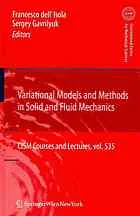

![The Feynman Lectures on Physics [Vol 1]](https://s3.refhub.ir/images/thumb/The_Feynman_Lectures_on_Physics__Vol_1_15281.webp)




